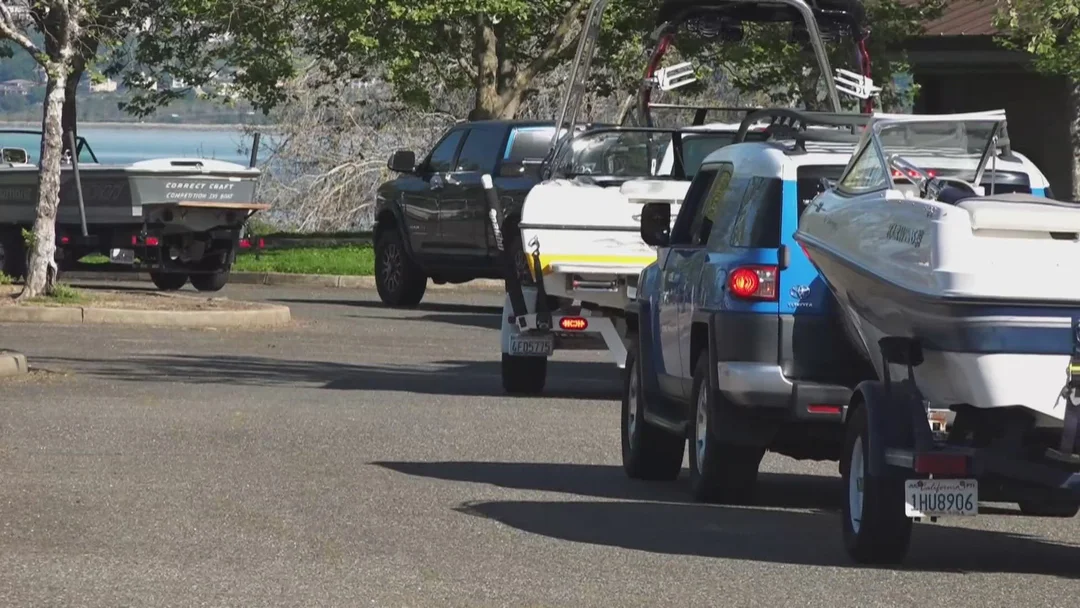
Are Golden Mussels the Next Big Threat to California’s Waterways?
The California Department of Fish and Wildlife (CDFW) has classified the golden mussel as an "urgent invasive species threat." State authorities are pushing the narrative that proactive measures must be taken to prevent these filter-feeding mollusks from spreading further into critical environments such as the San Joaquin Delta. With two-thirds of Californians relying on this watershed for their water supply, the stakes could not be higher.
Krysten Kellum, a spokesperson for the CDFW, highlighted the immediate risks posed by these invasive creatures. “If they infiltrate Bay Area water sources, they could clog pipes and compromise motors of watercraft, leading to extensive economic burdens in terms of maintenance and cleanup,” she warned. The impact is not only environmental; such disruptions can lead to higher operational costs for water conveyances, swaying between the realms of ecological safety and financial feasibility.

Previously non-native to American waters, these golden mussels hitchhiked via international shipping routes, with experts suggesting their journey began from ports in China or Southeast Asia. Their first detection outside their native range occurred in South America during the 1990s. The need for a coordinated response was firmly expressed by CDFW Director Charlton Bonham, stressing that multiple levels of intervention are needed to manage and mitigate the spread of this species.
In a preemptive move, authorities have instituted a 30-day quarantine where watercraft must undergo rigorous inspections before launching into several affected lakes, including Folsom Lake and Lake Clementine. Recreational access to these areas has been significantly curtailed, prompting mixed reactions among boaters. As noted by one frustrated boat owner, the restrictions are a hassle but crucial for environmental preservation. “If it helps the environment, that's good,” he stated.
State officials are encouraging boaters to remain vigilant, emphasizing the importance of cleaning, draining, and drying their watercraft to prevent further introductions. Furthermore, authorities are asking the public to report any sightings of golden mussels to help enable swift action against spread.
As this situation continues to unfold, the question looms: how will California balance recreational access with ecological protection? With economic implications tied firmly to both, it is clear that the impact of the golden mussel will be felt long after the immediate threat is contained. How will these measures shape the future of boating and fishing in the state? The community is encouraged to share their thoughts and experiences as California navigates this critical juncture.